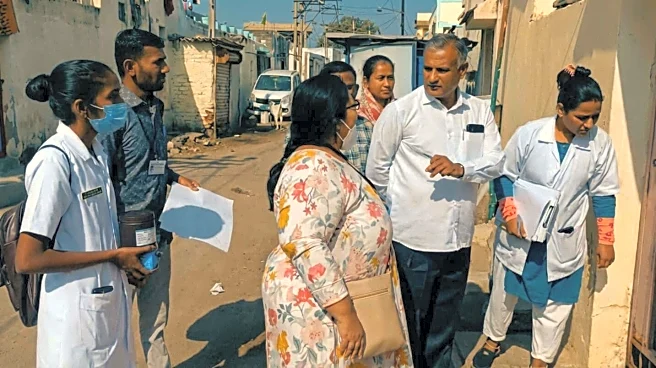
South Korean author Baek See-he, who wrote about her mental health struggles in the bestselling memoir I Want to Die but I Want to Eat Tteokbokki, passed away at the age of 35. Her death was announced
by the Korea Organ Donation Agency, stating that she saved five lives through organ donation of her heart, lungs, liver, and kidneys. While the cause of her death was not revealed, before that, she opened up about her struggles with depression and anxiety in the 2018 memoir. The book’s publisher, Bloomsbury, describes the memoir as follows: “Recording her dialogues with her psychiatrist over twelve weeks and expanding on each session with her own reflective micro-essays, Baek begins to disentangle the harmful behaviors that keep her locked in a cycle of self-abuse.” Following the book's success, Baek published a sequel in 2019 titled "I Want to Die but I Still Want to Eat Tteokbokki," in which she “vulnerably shows that striving for contentment is an ongoing journey,” according to Bloomsbury.
Baek’s battle with dysthymia
In her writing, Baek revealed her battle with dysthymia – a persistent depressive disorder, which is a mild but long-lasting form of depression. According to the National Institutes of Mental Health, dysthymia seems to run in families, but no genes have yet been linked to it. An estimated 2 per cent of adults across the world suffer from dysthymia, as reported by the NIH.What causes dysthymia?
According to experts, there is no clear cause for this type of depression. Mental healthcare providers think it is a result of chemical imbalances in the brain, which, with time, contribute to depression and anxiety. These include environmental, psychological, biological, and genetic factors. Doctors have also linked the condition to chronic stress and trauma.Signs and symptoms of dysthymia
Dysthymia is milder, yet more long-lasting than major depression. Doctors say that while everyone may have slightly different symptoms, a few of these would include:- Lasting, sad, and anxious, or empty mood
- Less ability to concentrate, think, or make decisions
- Less energy and always tired
- Feeling hopeless
- Weight or appetite changes because of eating too much or not eating at all
- Changes in sleep patterns like sleeplessness, inability to sleep, waking up early in the morning, or sleeping much more than usual
- Low self-esteem
/images/ppid_a911dc6a-image-176077444093444113.webp)







/images/ppid_a911dc6a-image-177079364946457643.webp)
/images/ppid_a911dc6a-image-177079360965438046.webp)
/images/ppid_a911dc6a-image-17707935310418520.webp)
/images/ppid_a911dc6a-image-177079356722942232.webp)
/images/ppid_a911dc6a-image-177079368493449820.webp)
/images/ppid_a911dc6a-image-177079353225346676.webp)
